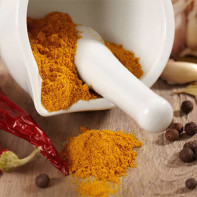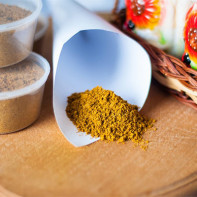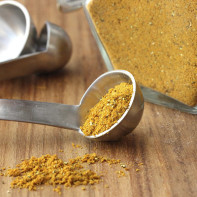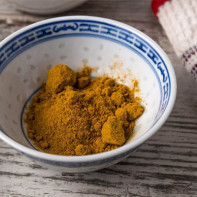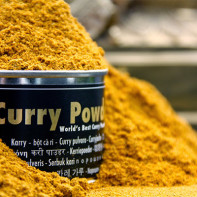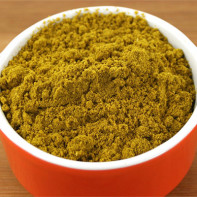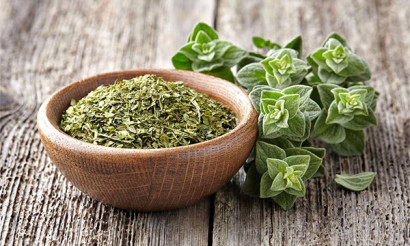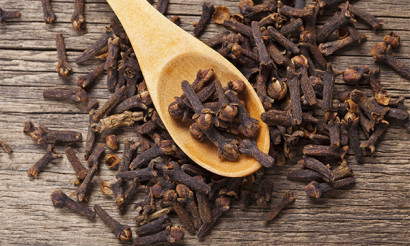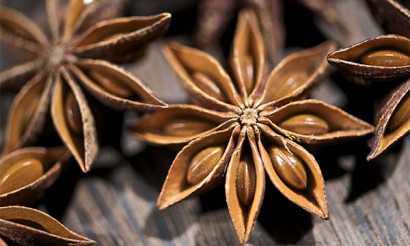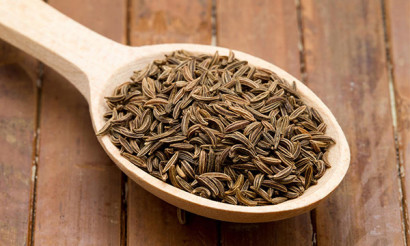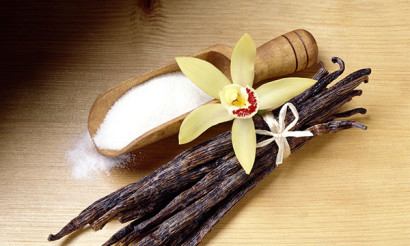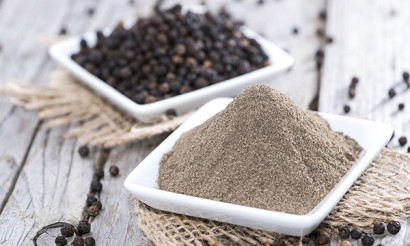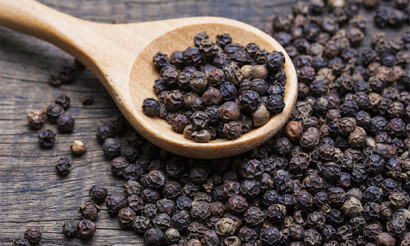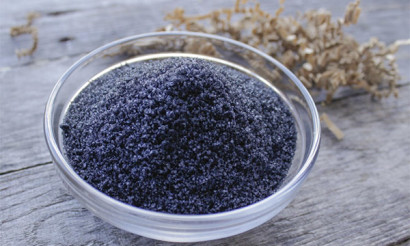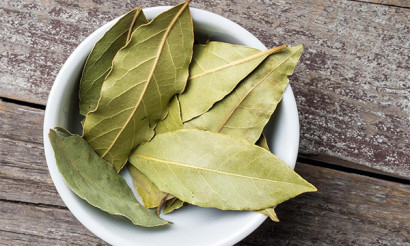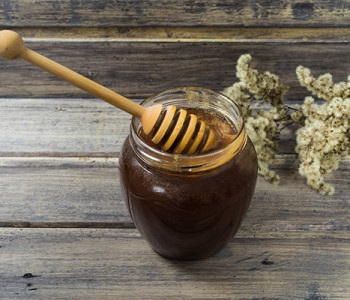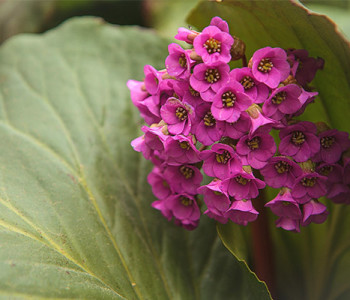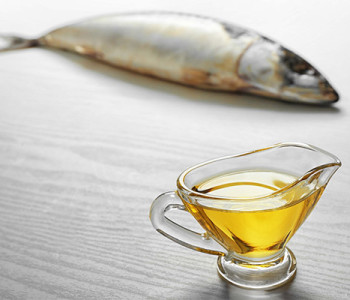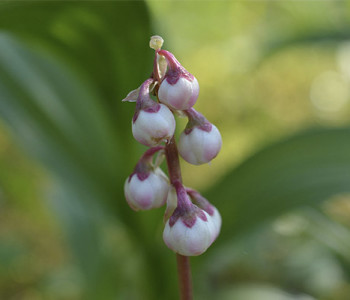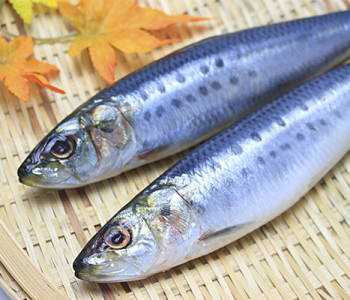Seasoning curry: health benefits and harms
This spice is quite popular all over the world and is used in many national cuisines. Often, curry acts as one of the main ingredients of Pakistani, Indian, Bangladeshi and even South African dishes. Today it is an internationally recognized seasoning, so now even some countries, such as England, consider it their national spice.
- What is curry
- What is the difference between curry and turmeric
- Composition and calorie content
- Useful properties of curry
- General benefit
- For women
- For men
- During pregnancy
- When breastfeeding
- For children
- How to use curry for weight loss
- Seasoning curry in medicine
- Curry in cosmetology
- The use of curry in cooking
- Harm and contraindications
- How to choose and store curry
- How to Make Curry Seasoning
- Where to add curry seasoning
- How can you replace curry seasoning
- Interesting Curry Facts
What is curry
Curry is a seasoning made from a mixture of spices (turmeric, coriander, ground pepper, etc.). As you know, the mixing of various spices is very popular in Pakistan and India, therefore it is assumed that the curry seasoning is of oriental origin. Researchers claim that the name of the seasoning comes from the Tamil word "kari", which means spicy sauce.
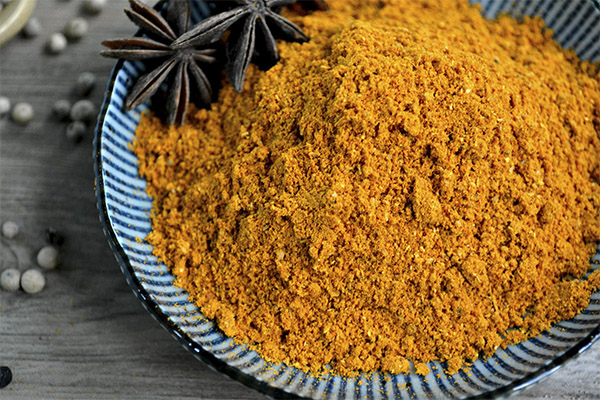
Immediately after the arrival of curry in Europe, it was used as a component of sauce for vegetables and meat. There are collections of books with recipes of the XVII century in Portuguese, which describe various recipes for curry seasonings. Therefore, despite the eastern origin of this spice, it is considered, in part, to be a Western invention, since the first curry recipe was published in England in 1747.
What is the difference between curry and turmeric
In fact, the spices are quite similar to each other, since both are yellow-orange powders. But still they have some differences. If you put the seasonings next to each other, you will notice that turmeric has a bright color, unlike curry, in which the color is not so pronounced and the shades are darker. This can be explained by the fact that turmeric is a spice that does not contain any additives. Curry is a mixture that may contain various spices.
The main spice of curry is turmeric. It has a more burning, slightly bitter aroma. And curry has a balanced pleasant smell with almost no bitter or sharp notes.
Traditionally, turmeric is used to give the dish a brighter color. Its yellow hue is a great addition to various soups and sauces. Also, this spice can be used as an additive to fruit smoothies and juices, as it contains many useful substances that have a beneficial effect on health.
Seasoning is perfect as an ingredient for classic Anglo-Indian dishes. This spice is usually used during the preparation of meat, fish, as well as vegetables. It also goes well with rice, as it gives it a brighter color and looks harmonious with meat salads, stews and soups.
Composition and calorie content
100 grams of product contains 340 kcal, 12.7 g of protein, 13.8 g of fat and 25 g of carbohydrates. Curry has a huge amount of valuable vitamins for the body. It contains vitamins A, B1, B2, B12, C, E, K and minerals: sodium, potassium, magnesium, calcium, zinc and iron.
Useful properties of curry
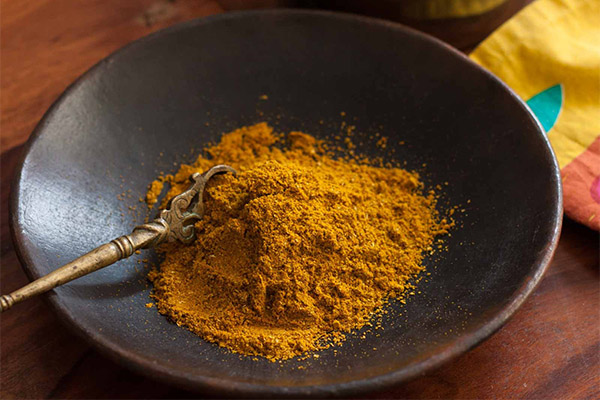
General benefit
- Prevention of Alzheimer's Disease. Due to the many beneficial substances present in allspice and turmeric, curry is considered an excellent remedy that supports brain health. Regular consumption of curry seasoning prevents the development of pathologies that affect the brain, such as dementia, Alzheimer's and Parkinson's. Curcumin, a natural dye found in curry powder, is being seriously studied by scientists for the fight against Alzheimer's.It should be noted that in India, where spice is used everywhere in various dishes, the incidence rate of Alzheimer's disease is four times lower than in other countries. According to the latest research, turmeric, which is part of curry seasoning, helps restore and support brain functions. In fact, this helps prevent the spread of amyloid plaques that trigger Alzheimer's.
- Cancer Prevention Curry is an excellent preventative measure against cancer. Due to its antioxidant properties, this seasoning helps prevent the onset of skin, breast and prostate tumors, as well as colorectal cancer. Recent studies have also shown that spice can reduce the growth, development and spread of cancer. That is, eating curry seasoning during an illness can reduce metastasis and contribute to the destruction of cancer cells.
- Remedy for arthritis. Arthritis is an inflammatory disease that affects the joints, and curry is a natural anti-inflammatory agent. Not surprisingly, many over-the-counter drugs used to treat arthritis contain curcumin. This dye is very good for health and is recommended for use by people with joint inflammation. With regular consumption of spices, inflammation and joint pain are reduced. Another advantage of it is that it has no side effects.
- Strengthening immunity. A mixture of pepper and turmeric is an excellent means to maintain immunity. They contain a large amount of antioxidants and vitamins A, C and B6, which stimulate and give energy to the cells of the body to fight diseases. Regular consumption of spices helps fight many pathogenic bacteria and strengthens the immune system. Curry also prevents colds and alleviates its symptoms.
- Fat burning. Curry contains various thermogenic ingredients, so it helps to burn fat effectively. Eating spices helps speed up the metabolism and makes the body burn fat faster, so people who are trying to lose weight are advised to regularly use curry seasoning.
- Digestion support. Curry is a spice that helps support digestive processes. The beneficial substances present in anise, cardamom and pepper are necessary for normal digestion, as well as for the prevention of constipation and abdominal pain. An interesting fact is that curry seasoning can also help get rid of bad breath and colic, and also helps to calm the intestines and helps prevent food poisoning.
- Elimination of asthma symptoms. The nutrients of curry spice ingredients help to make breathing easier and help clear the airways.
- Lower cholesterol. Curry is an excellent preventive measure against the development of cardiovascular diseases, as it helps to prevent the formation of plaques in the arteries.
- The presence of antioxidant properties. Turmeric, which is part of curry, is a natural antioxidant that helps fight body damage caused by free radicals. Eating curry neutralizes the effects of free radicals.
- Help control sugar levels. According to Colorado State University, turmeric is one of the main spices in curry powder that can reduce the risk of diabetes. Laboratory research has shown that curcumin helps prevent sudden spikes in blood sugar.
- Detoxification of the body. Curry seasoning containing coriander may contribute to the removal of toxins from the body.
- The acceleration of metabolism. Regular consumption of curry seasoning helps to speed up metabolism and more efficient transport of nutrients throughout the body.
- Bone health support. Curry contains ingredients that are essential for maintaining healthy bones. The substances contained in this powder help maintain bone density. Calcium, which is present in seasoning, makes up a significant part of the daily requirement of an adult's body for this mineral. Phosphorus and magnesium are also useful for maintaining healthy bones and muscles, and slow down the degenerative process.
- Prevention of cognitive diseases. The seasoning contains spices that are good for mental health. Turmeric is one of the most effective means of preventing mental disorders. Curcumin reduces the effects of free radicals on the nervous system.
For women
This seasoning is very useful for women, especially those who want to maintain their youth. Turmeric as part of curry seasoning has been recognized by the medical community for its anti-inflammatory properties. In India, turmeric has long been used for the treatment of burns and cuts, as well as a means of rejuvenating the body. Curry helps maintain the health and youth of hair, skin, nails.
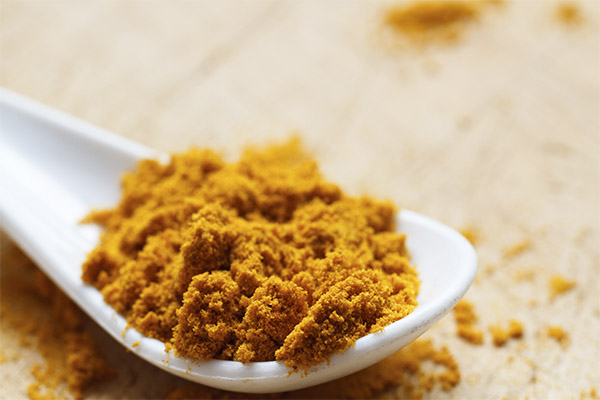
For men
Regular use of seasoning helps to improve the health of men, especially when it comes to potency. The beneficial components of spices help improve blood circulation in the pelvic area, which helps increase sexual desire. Laboratory animal studies have shown that daily consumption of curry seasonings helps maintain normal testosterone levels.
During pregnancy
In India, it is believed that if a pregnant woman regularly uses curry powder, the baby will be born with beautiful and smooth skin. Another interesting fact is that in the last 2 weeks before birth, expectant mothers drink as much milk with turmeric as possible, as it is believed that this should improve the health of the mother and baby. Such a “cocktail” is a natural analgesic and can partially relieve pain. But it is worth noting that it is not recommended to blindly follow Indian traditions, since one of the main properties of turmeric is a diuretic effect, and this significantly affects the kidneys, which already work actively during pregnancy. Therefore, some experts advise limiting the use of curry or completely abandon this seasoning.
When breastfeeding
During this period, you should refuse to use spices, it is especially not recommended to eat turmeric. Black pepper should not be consumed during the first 3 months. After this time, you can slowly introduce spices into the diet, but it is necessary to monitor the condition of the child.
For children
It is not recommended to include spices in the children's diet until at least the eighth month, since some of them can cause allergies. They can be added after the child is one year old. Curry seasoning should also be introduced into the children's diet only after a year.
How to use curry for weight loss
Spices are an indispensable component in the diet of people seeking to lose weight. In order to feel the effect of the spice on yourself, you need to use it regularly, at least 2-3 times a week. Even if you just add it to your diet, you can lose a few pounds without any effort.
Seasoning curry is high in calories - 340 kcal per 100 g of product.But, since it is used in small quantities, you should not particularly worry about calorie content. Seasoning is great for meat, rice, pasta and vegetables. It is an excellent substitute for salt during weight loss, as it does not retain water in the body.
Do not expect rapid weight loss after including this seasoning in your menu. Spices can really speed up the process of losing weight and improve metabolism. But the effect of the Indian mixture of spices can be felt only if you adhere to the basic principles of proper nutrition. In addition, it is recommended to engage in motor activity as well.
Seasoning curry in medicine
Seasoning has antioxidant and anti-inflammatory properties, reduces joint pain. It is also beneficial for the skin, as it helps to combat the aging of cells, protecting them from damage by free radicals. The thermogenic properties of curry powder can increase body temperature, thereby inhibiting the growth of adipose tissue. Finally, it has diuretic properties, struggling with fluid retention in the body.
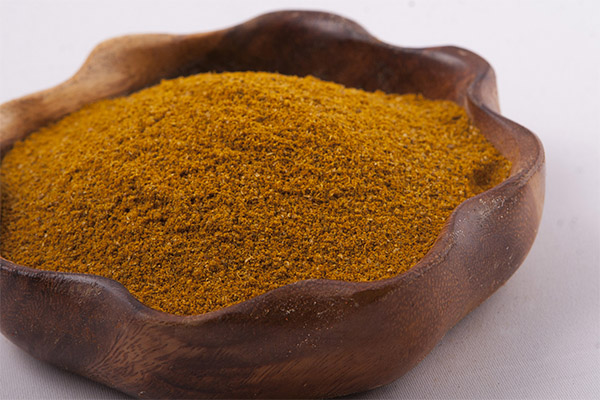
In folk medicine, curry leaves, which are not so often part of seasoning, are usually used. Leaves help in the treatment of tonsillitis and pneumonia. To prepare a medicinal decoction, the leaves of the Murraya tree are used. The broth is made of 4-5 leaves of curry, which must be poured with boiling water (1 cup). It is necessary to gargle several times a day until a full recovery occurs.
Curry in cosmetology
Indian powder is used in cosmetology. Spices are used on an industrial scale, but you can also make various nutritional masks at home.
Mask for combination skin
- Put yogurt (0.5 tbsp) and curry (1 tsp) in a bowl, mix thoroughly.
- Apply a mask to the skin of the face.
- Wait about 10 minutes, then wash off the mask from the face.
- Apply cream.
For oily skin
- Mix curry (1 tsp) and honey (1 tsp) until smooth.
- The resulting composition is applied to the skin of the face.
- Wait 20 minutes, then wash.
- Wipe the skin with daily lotion.
The use of curry in cooking
In Asian countries, curry is used in the preparation of almost every dish. It can be consumed with rice and vegetables, and it is also perfect for fish and meat dishes. In Asia, for example, it is used during the preparation of dhala (soup), basmani rice, baked pies, broths, desserts and drinks.
Harm and contraindications
Excessive consumption of spices can lead to undesirable effects, especially in people suffering from cancer or heart problems.
Side effects:
- Bleeding. Turmeric is able to thin the blood, so in certain situations it can increase bleeding.
- Inhibition of chemotherapy. Patients undergoing chemotherapy should also be wary of consuming too much curry. Consult your doctor before consuming spices if you are undergoing treatment.
- Stones in the kidneys. Excessive consumption of spices increases the level of oxalate in the urine, which increases the risk of kidney stones.
- With heart disease. Curry can negatively affect people suffering from seizures or heart disease, especially those who regularly take medications.
- Gluten Allergy. Some sauces and spice mixtures contain gluten. It can cause an allergic reaction in case of intolerance.
- Gastrointestinal Disorders. People with gastrointestinal illnesses are advised to limit their intake of curry spice.
How to choose and store curry
The first thing you should pay attention to is the composition. You need to choose the seasoning that will be the most acceptable option. Quality curry spices have a bright color, rich smell, and they must be dry. If the seasoning is tarnished, then you should not purchase it.
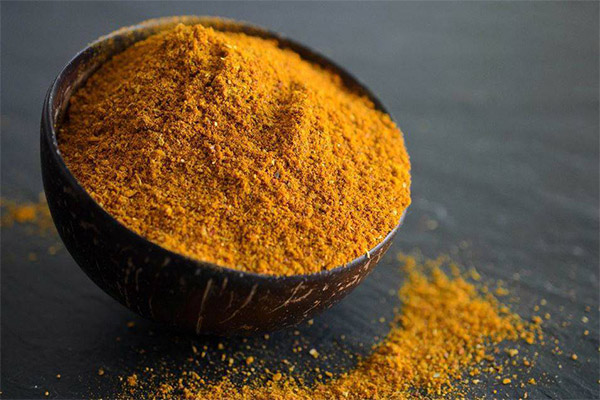
Spices should be stored in a hermetically sealed container, in a place protected from direct sunlight. If there is caraway in the composition, then it can be stored for no more than one year, otherwise the spice will get bitterness.
How to Make Curry Seasoning
The main ingredient in the seasoning is turmeric, so it must be part of the mixture, in an amount of at least 1/4 of the total. Coriander is also an important component. As a rule, its amount is half that of turmeric. The required ingredient is fenugreek (up to 10%), and it is also recommended to replenish the composition with hot cayenne pepper (up to 6%).
In addition, the mixture can be replenished with ginger, cinnamon, cardamom, nutmeg, caraway seeds, cloves, basil, mint, fennel, garlic, as well as various types of pepper. Spices must be ground into powder. It is advisable to grind them together so that they exchange tastes. To do this, you can use a mortar.
Where to add curry seasoning
Curry can be used in combination with various soups, and seasoning is perfect for meat (chicken, pork, veal, lamb and beef). Spice curry is an ingredient in many salads and is in harmony with fish dishes.
How can you replace curry seasoning
If necessary, curry can be replaced with the popular Georgian seasoning of hops-suneli or with spices that are part of it (turmeric, coriander or pepper).
Interesting Curry Facts
- Curry spices spread around the world only in the 1800s and 1900s after the advent of automatic machines that could mass produce this product.
- Curry gained particular popularity in the 1960s and 70s due to the demand for Indian cuisine.
- Store seasoning often loses its properties after 6-7 months of storage.
- Curry powder contains a lot of fiber, vitamin E and K, iron and manganese.
«Important: all information on the site is provided exclusively in fact-finding purposes. Before applying any recommendations, consult with a profile specialist. Neither the editors nor the authors are liable for any possible harm caused materials. "

